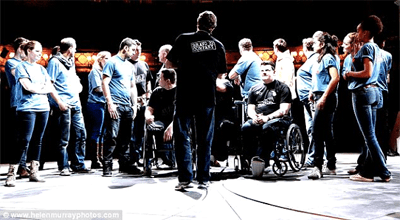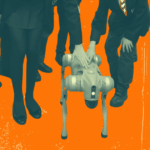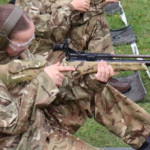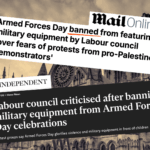US military struggling to stop suicide epidemic among war veterans
The Guardian
Last year, more active-duty soldiers killed themselves than died in combat. And after a decade of deployments to war zones, the Pentagon is bracing for things to get much worse
Fifty troops commit suicide after Iraq and Afghanistan tours
The Telegraph
More than 50 members of the UK Armed Forces have committed suicide since serving in the recent wars in Iraq and Afghanistan, figures suggest.
Recently… on ‘moral injury’ and armed forces suicides in the US and UK
ForcesWatch comment
Charities pairing ex-military staff with disadvantaged pupils get £1.9m
The Guardian
When soldiering gets sexy: the militarization of gender equality and sexual difference
openDemocracy
Bullying ‘seen as acceptable in Army’ as survey reveals every woman questioned was victim of unwanted attention
Telegraph
Army discipline rules are ‘bullies charter’
Defence Management
The suffering of veterans
Owen Everett, ForcesWatch

A play about and starring injured veterans, and recent government data and policies, highlights their suffering.
Concern over Government schemes promoting ‘military ethos’ in education
We shall reach them in the classrooms: promoting a ‘military ethos’ in schools
ForcesWatch comment







